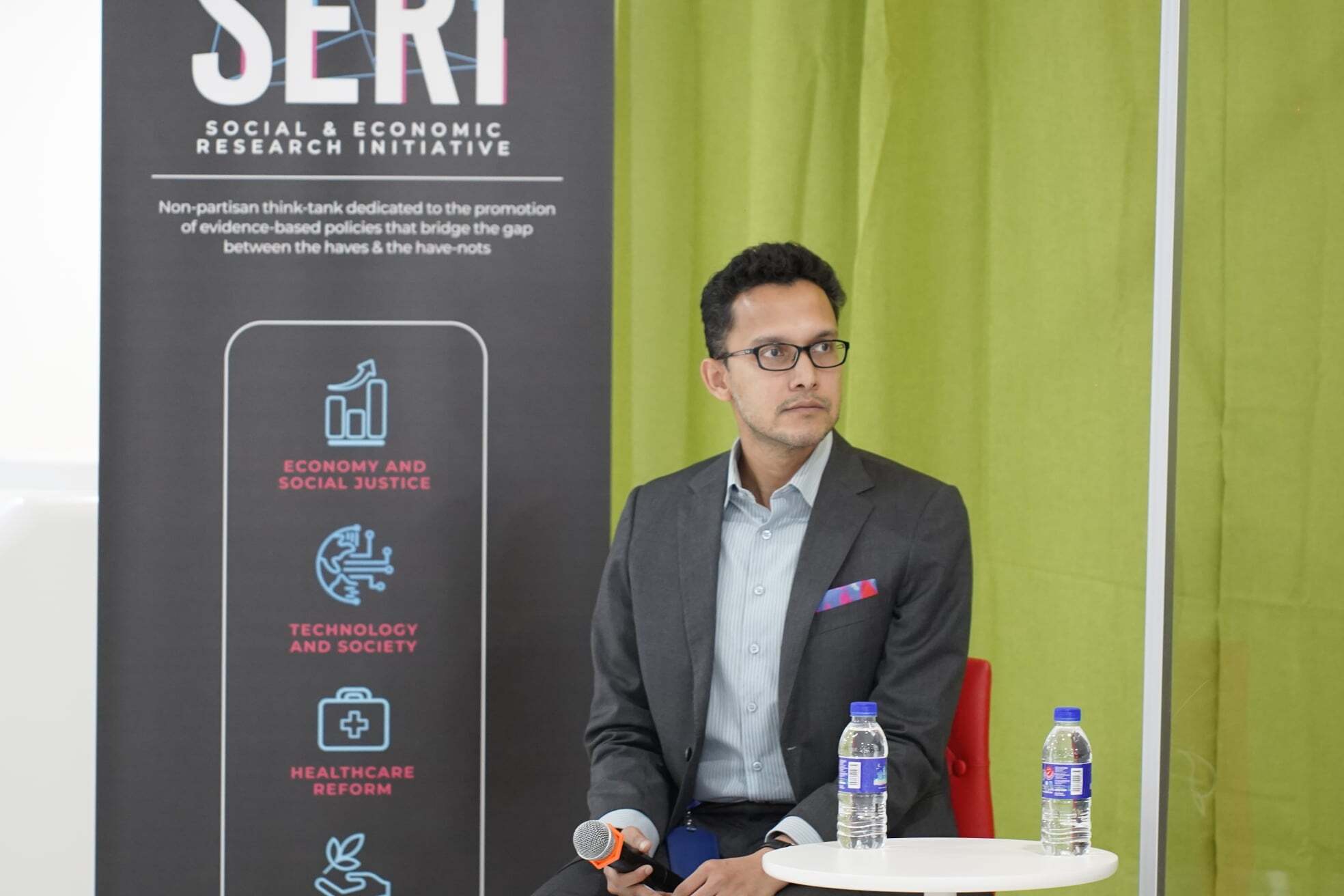KUALA LUMPUR, July 14 – The government’s proposal to ban smoking and vaping for future generations will help protect low-income earners who smoke more than higher income groups, a think tank said.
The Social & Economic Research Initiative (Seri) – headed by respiratory physician Dr Helmy Haja Mydin, who is also Health Minister Khairy Jamaluddin’s technical advisor on the Tobacco and Smoking Control Bill – noted that smoking prevalence is the highest among the bottom 40 per cent (B40) of income earners at 65 per cent, compared to 31 per cent among the middle 40 per cent (M40) and 5 per cent among the top 20 per cent (T20).
“The burden on health caused by the use of commercial tobacco products is unfairly borne by those with low socioeconomic status,” Seri said in a statement yesterday.
The think tank, which focuses on policies related to inequality, noted that lower-income individuals face barriers to accessing quality health care in Malaysia.
“Difficulties taking time off from work, a lack of physical access to a hospital or clinic, the lack of health care services in rural areas, and the cost of missing school are some of the indirect costs that disproportionately affect the poor.”
Malaysians of low socioeconomic status, who are more likely to be less educated and have poor health literacy, also face more barriers to quitting smoking with the lack of knowledge on smoking cessation treatments.
“Mental health problems are more prevalent among individuals in lower-income groups who face more financial problems, discrimination and precarious living conditions, thus causing stress which encourages smoking as a form of relief,” Seri added.
According to the National Health and Morbidity Survey (NHMS) 2019, smoking prevalence is highest among Malaysians with secondary and primary education at 25 per cent and 24 per cent respectively, compared to 13 per cent among those with tertiary education.
Some 4.9 million Malaysians aged 15 years and above currently smoke, translating to a national smoking prevalence of 21.3 per cent. Nearly four in 10 men in Malaysia currently smoke.
Seri cited research from the United States’ Centers for Disease Control and Prevention (CDC) that found poor neighbourhoods have a higher number of stores selling tobacco.
“Tobacco companies strategically target the low-income population as they are more susceptible to falling into marketing traps,” Seri said.
The think tank also said poorer people bear the brunt of the harms of secondhand smoke due to their living and working conditions that are less likely to implement smoke-free policies. Children living in lower-income apartments are more likely to experience secondhand smoke due to tight living quarters.
“Policymakers must take into account how smoking affects the B40 population and not make their lives more difficult with the burden of smoking-related diseases.”
The think tank urged Members of Parliament across the political divide to support the Tobacco and Smoking Control Bill that proposes a prohibition on the sale of tobacco and vape to anyone born from January 1, 2005, who will not be allowed to ever legally buy such products in their lifetime.
“Such moves will undoubtedly help achieve the long term goal of reducing health care inequality. However, proper enforcement is essential and the government must continue with efforts to improve health care literacy and provide fully subsidised quit-smoking services to the B40 group.”
Muda president and Muar MP Syed Saddiq Syed Abdul Rahman indicated that he may not vote in favour of the tobacco bill, telling CodeBlue three concerns he had with the proposed generational ban on smoking and vaping: impact on small retailers; personal liberty and a slippery slope towards the ban of other products like alcohol and sugary drinks; and increased trade in illicit cigarettes.
For the upcoming Dewan Rakyat meeting, the tobacco bill was not listed on the Order Paper for next Monday’s sitting.
Khairy said last week that he would seek Cabinet approval for the Tobacco and Smoking Control Bill this week before tabling the proposed legislation in Parliament.








